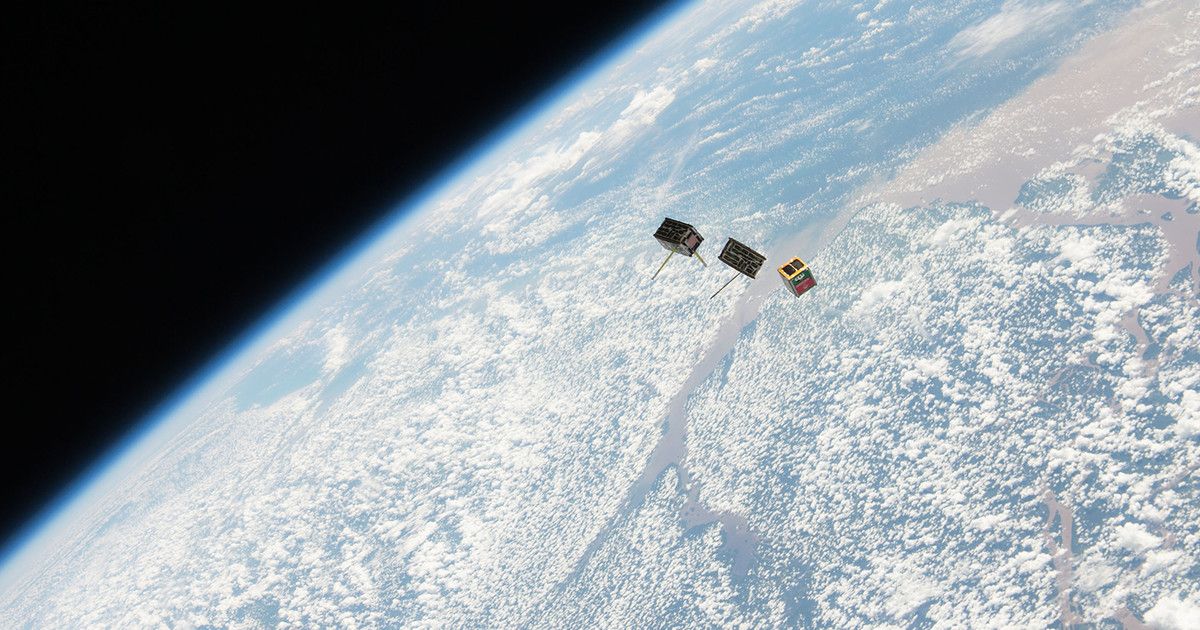Page 11042
Aug 13, 2016
‘Connected’ ink: Temporary tech tattoos transform skin into user interfaces (VIDEO)
Posted by Carse Peel in category: futurism
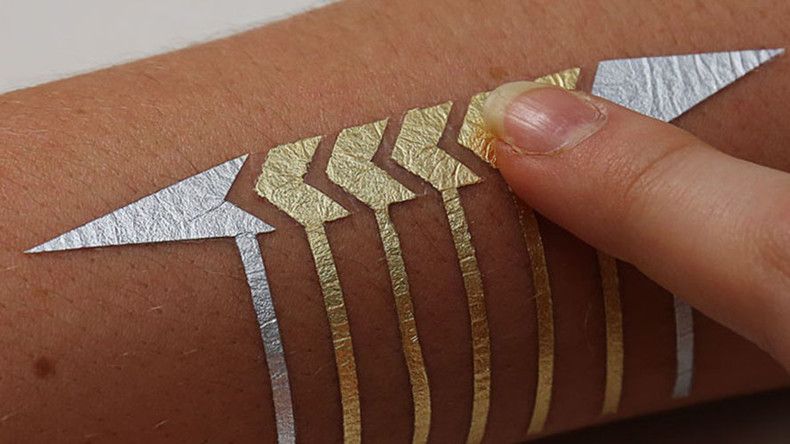
Temporary tattoos are getting the high tech treatment with a new product that transforms them into multifunctional on-skin user interfaces.
DuoSkin, created at the MIT (Massachusetts Institute of Technology) Media Lab in partnership with Microsoft Research, allows people to control their mobile devices, display information, and store data all while looking stylish with a metallic like tattoo on their skin.
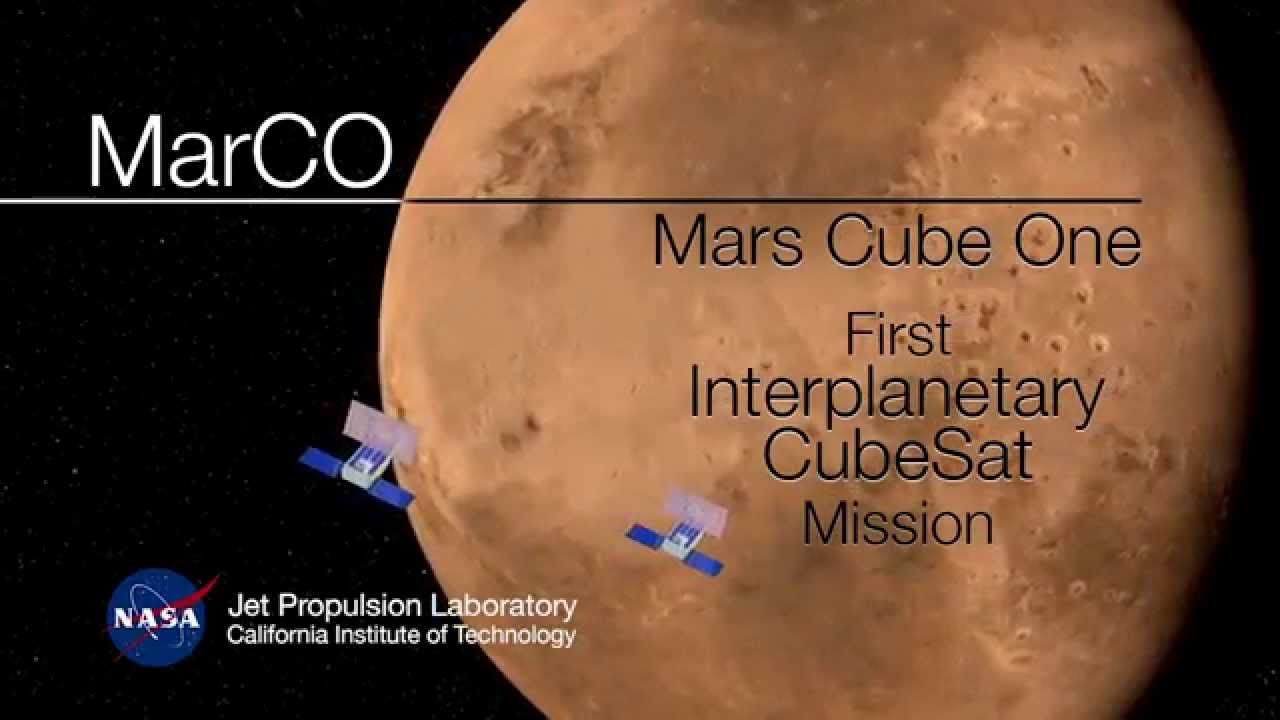
Mars Cube One (MarCO) Mission Overview Engineers for NASA’s MarCO technology demonstration check out a full-scale mechanical mock-up of the small craft in development as part of NASA’s next mission to Mars. Mechanical engineer Joel Steinkraus and systems engineer Farah Alibay are on the team at NASA…
Aug 13, 2016
How Nanotech Will Lead to a Better Future for Us All
Posted by Klaus Baldauf in categories: biotech/medical, nanotechnology
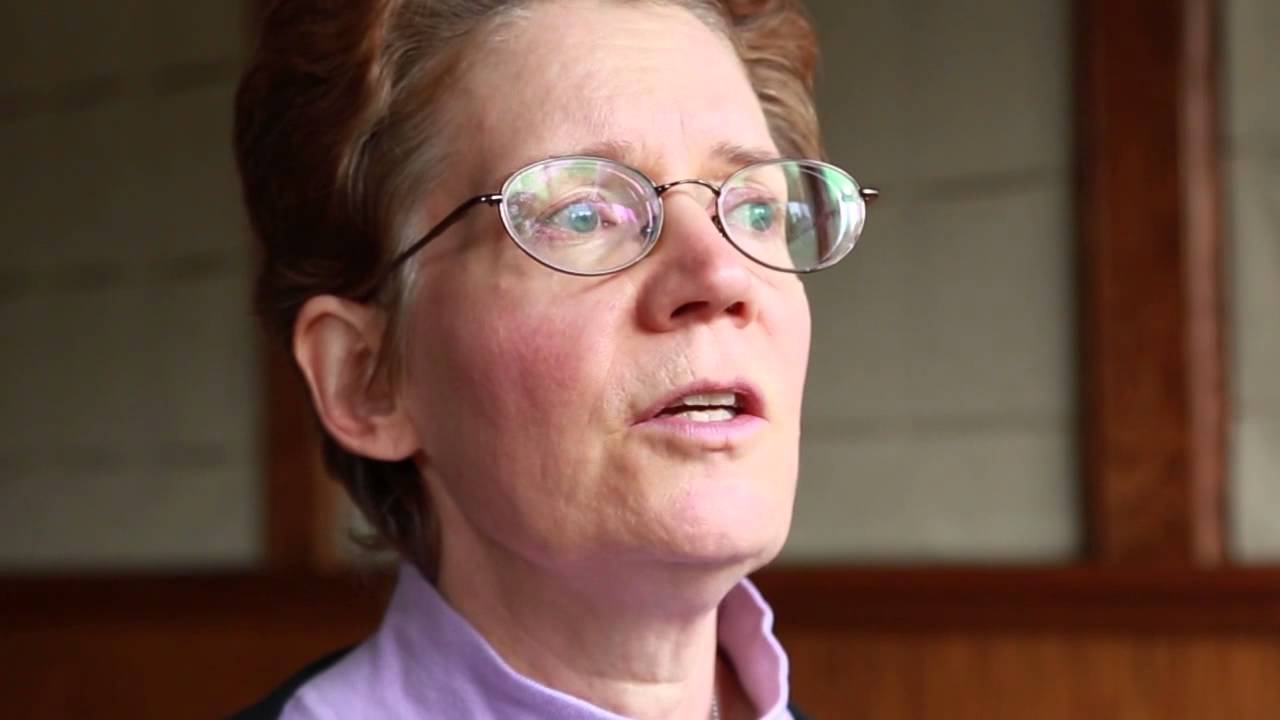
How do we gain the immense benefits of advanced nanotechnology while avoiding its potential misuse?
This was Christine Peterson’s big question when she co-founded the Foresight Institute, a non-profit think tank focused on nanotechnology, three decades ago. And she says it’s still her guiding focus today.
Continue reading “How Nanotech Will Lead to a Better Future for Us All” »
Aug 13, 2016
Meet the Reactors Accelerating Us Toward Fusion Energy
Posted by Klaus Baldauf in categories: humor, nuclear energy, particle physics

The old joke about fusion is that it is 30 years from becoming a reality — and that’s been the case for the last 50 years or more. It’s a joke that may quickly be reaching its sell-by date.
And a good thing too. The promise of fusion is near-unlimited energy that produces almost no waste.
Continue reading “Meet the Reactors Accelerating Us Toward Fusion Energy” »
Aug 13, 2016
Self-healing textiles not only repair themselves, but can neutralize chemicals
Posted by Klaus Baldauf in categories: biological, materials
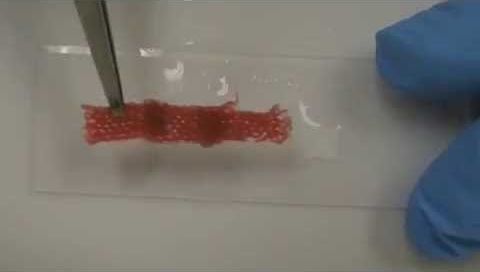
UNIVERSITY PARK, Pa. — Someday, chemically protective suits made of fabric coated in self-healing, thin films may prevent farmers from exposure to organophosphate pesticides, soldiers from chemical or biological attacks in the field and factory workers from accidental releases of toxic materials, according to a team of researchers.
“Fashion designers use natural fibers made of proteins like wool or silk that are expensive and they are not self-healing,” said Melik C. Demire l, professor of engineering science and mechanics. “We were looking for a way to make fabrics self-healing using conventional textiles. So we came up with this coating technology.”
Continue reading “Self-healing textiles not only repair themselves, but can neutralize chemicals” »
Aug 12, 2016
Scotland Covered an Entire Day’s Electricity Needs From Wind Power Alone
Posted by Dan Kummer in category: energy
Aug 12, 2016
NASA’s Fermi mission expands its search for dark matter
Posted by Andreas Matt in categories: cosmology, particle physics
Dark matter, the mysterious substance that constitutes most of the material universe, remains as elusive as ever. Although experiments on the ground and in space have yet to find a trace of dark matter, the results are helping scientists rule out some of the many theoretical possibilities. Three studies published earlier this year, using six or more years of data from NASA’s Fermi Gamma-ray Space Telescope, have broadened the mission’s dark matter hunt using some novel approaches.
“We’ve looked for the usual suspects in the usual places and found no solid signals, so we’ve started searching in some creative new ways,” said Julie McEnery, Fermi project scientist at NASA’s Goddard Space Flight Center in Greenbelt, Maryland. “With these results, Fermi has excluded more candidates, has shown that dark matter can contribute to only a small part of the gamma-ray background beyond our galaxy, the Milky Way, and has produced strong limits for dark matter particles in the second-largest galaxy orbiting it.”
Dark matter neither emits nor absorbs light, primarily interacts with the rest of the universe through gravity, yet accounts for about 80 percent of the matter in the universe. Astronomers see its effects throughout the cosmos—in the rotation of galaxies, in the distortion of light passing through galaxy clusters, and in simulations of the early universe, which require the presence of dark matter to form galaxies at all.
Aug 12, 2016
U.S. Air Force’s plan to improve radio communications? Plasma bomb the atmosphere
Posted by Sean Brazell in categories: military, satellites
Nifty.
Radio communication is a weak point for most military operations — it is often not long enough or strong enough to adequately meet soldiers’ needs. The U.S. Air Force’s “go big or go home” solution to improve their long-distance calls? Supercharge the atmosphere by detonating aerial plasma bombs attached to tiny satellites, reports New Scientist.
The Air Force is asking for help in developing plasma bombs, which would be delivered to the atmosphere by tiny cube satellites and then detonated to release ions upon arrival. The Air Force is working with several research teams, each of which is tasked with coming up with their own design for the plasma bombs. The first stage of the project is theoretical, requiring researchers to come up with an atmospheric plasma delivery method. Selected researchers then will be invited to test their proposal in a vacuum chamber simulator and eventually on exploratory flights.
Aug 12, 2016
Commercial Space Travel And Colonization: SpaceX, NASA, And NextSTEP Make Preparations For Lift Off
Posted by Andreas Matt in categories: business, Elon Musk, space travel, sustainability
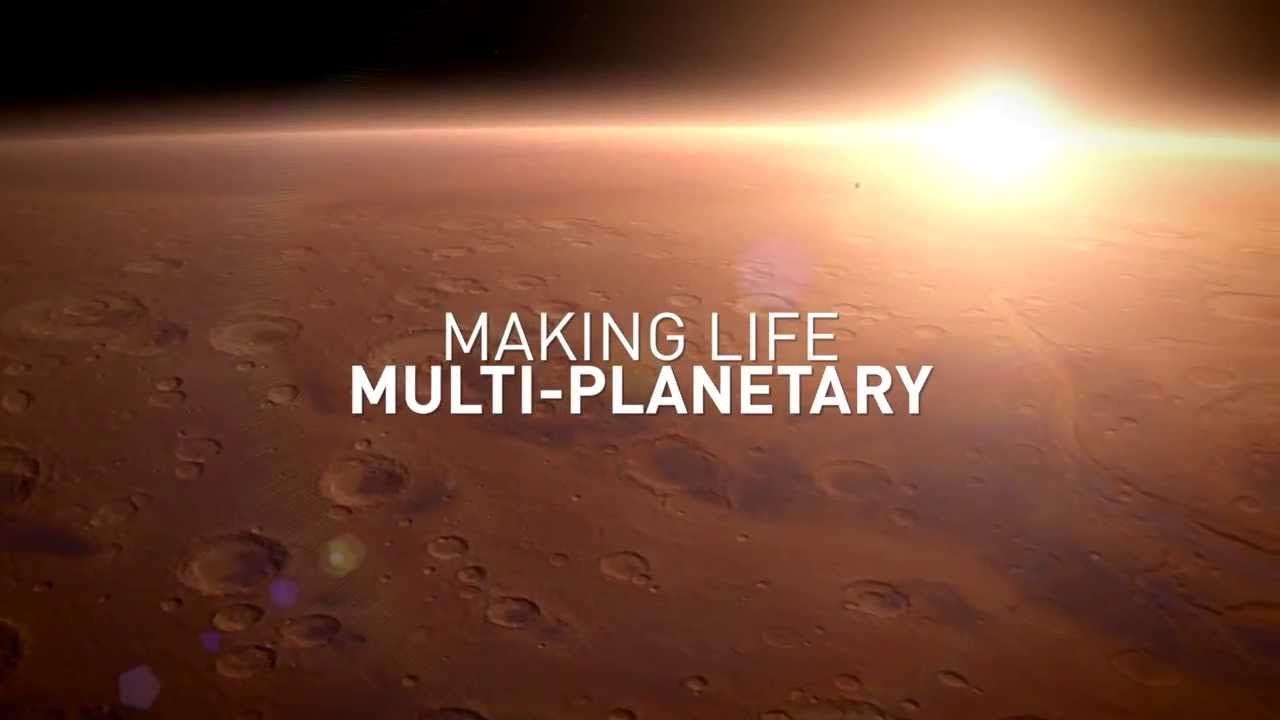
https://youtube.com/watch?v=Ndpxuf-uJHE
Commercial space travel is about to become a reality brought about by many private companies bent on taking their earthbound successes into space. The FAA is now open to granting permits to private companies to travel into space. It is hoped that this activity will lead to the colonization of Mars.
Elon Musk of SpaceX has the goal of beginning the colonization of Mars in the next decade. He plans to make commercial space travel and colonization a reality in his lifetime, according to The Washington Post. Mr. Musk is the mastermind behind both Tesla and SpaceX. He is one of the most brilliant minds of our time. An innovator and businessman, Elon has a track record of making dreams a reality and turning his plans into tangible results. Comparing his project to the colonization of America, Mr. Musk explains why he thinks people will agree to move to mars.



